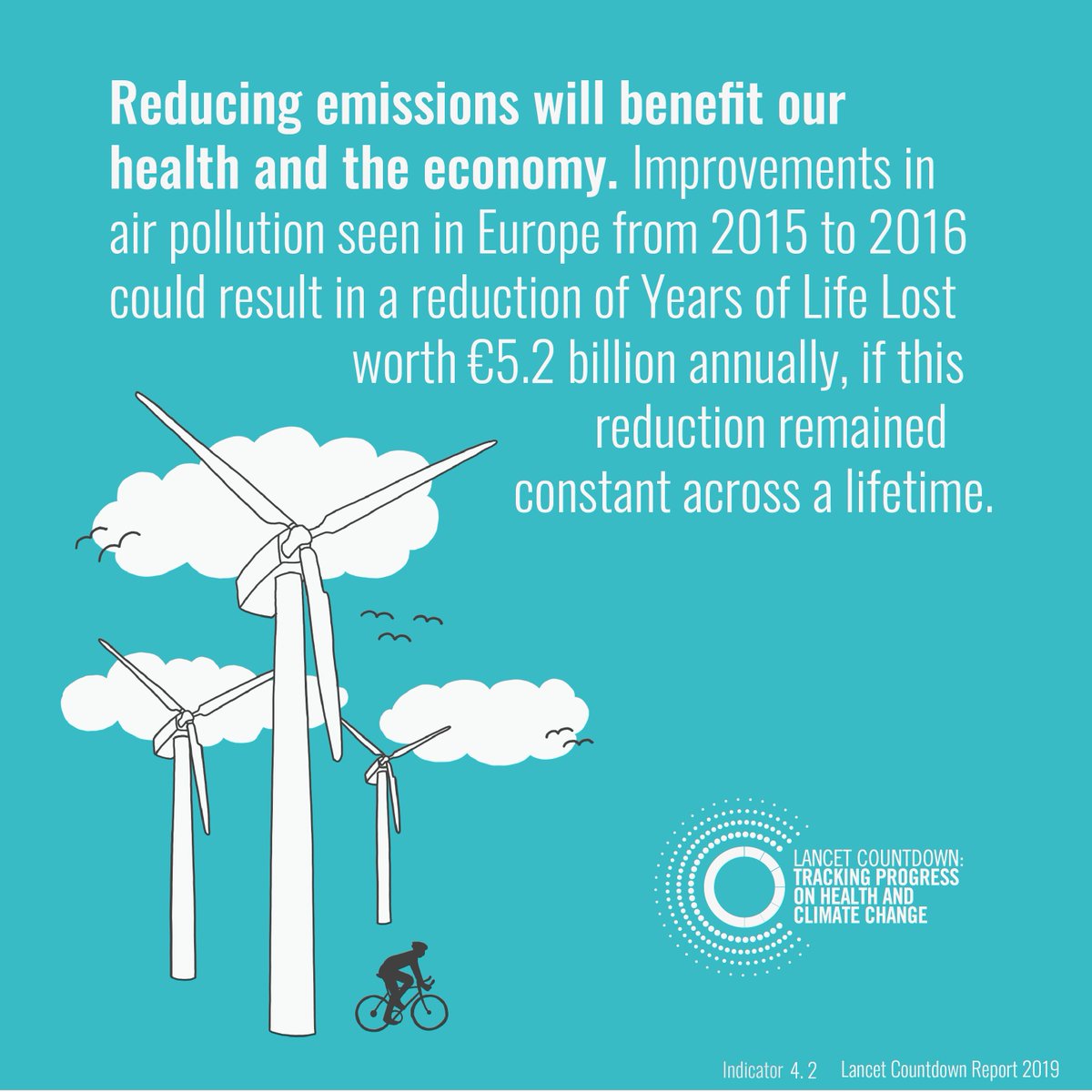Today I’ll only share one thread with you. I had an online lecture earlier and spent some time preparing other activities for my course
All my lectures have been online since the middle of March when @SFU decided to stop in-person lectures due to #pandemic #COVID19
The course I am teaching @FHS_SFU is a Seminar in Environmental Health. I am quite fond of this course (it’s the second time I teach it) and I taught one of its prerequisites, Perspectives on Human Health and the Environment, and now I get to dig deeper in some of its topics
In both courses we explore the connections between exposure to elements in the environment and health conditions (focusing on humans). One of the health conditions that has proven links with environmental exposures is asthma https://www.who.int/news-room/q-a-detail/asthma">https://www.who.int/news-room...
Asthma is defined as a chronic, long-term inflammatory disease of the airway that causes sporadic breathing difficulties with symptoms like shortness of breath, coughing and wheezing. Here’s a link with some more info on the subject: https://asthma.ca/get-help/asthma-3/diagnosis-3/how-to-tell-you-have-asthma/">https://asthma.ca/get-help/...
Now, some people diagnosed with asthma are also diagnosed with allergies. Allergies are one of the ends of the scale of grays that is the immune response in humans:
On one side we have a lower response; in the middle, an OK response that deals with infections, and on the other side we have allergies: where the immune system kind of “overreacts” to things that will not cause an infection but are perceived as a threat, like pollen grains
Some of the factors that are linked to not developing asthma: 1) being breastfed, 2) "early" exposure to food like peanuts and 3) a balance between dirt and cleanliness. If want to learn more about this topic I suggest the book “Let them eat dirt” by @ArrietaLab & @FinlayLab
Here’s a link with more info about the recommendations for early exposure to foods: https://csaci.ca/wp-content/uploads/2020/01/EarlyIntro_Web.pdf">https://csaci.ca/wp-conten...
On the other hand, some of the factors linked to the development of asthma are 1) Tobacco smoke, 2) Mold in the house, and 3) High levels of air pollution
Air pollution is a risk factor for developing asthma and for exacerbation of asthma (asthma attacks). In most of Canada, the levels of air pollution are OK, except for wildfires (like in 2017 & 2018). Here’s something I wrote about this issue: https://theconversation.com/how-to-protect-your-children-from-wildfire-smoke-99434">https://theconversation.com/how-to-pr...

 Read on Twitter
Read on Twitter


